What is Homeopathy?
Since the 1800s
Homeopathy is a system of holistic and natural medicine that was developed in the late 18th century by German chemist and physician Samuel Hahnemann. Homeopathy was developed around the same time as our modern allopathic medical system, but evolved into a distinct field of medicine.
It entails a holistic approach to health and healing, revolving around stimulating your vital life force (also known as prana or qi in other modalities) to heal itself.
Your body knows how to heal.
Sometimes it just needs a little reminder.
Homeopathy is guided by a set of key principles:
-
Homeopathy treats each person as their own unique individual - because that’s exactly what they are. No two people are the same, even if they are diagnosed with the same pathology or condition. This means that each individual requires personalized individualized treatment, which is exactly what homeopathy offers.
-
This holistic field of medicine does not look at symptoms as an isolated issue. Each symptom is taken into consideration within the context of all of your other symptoms and complaints, as well as ones you’ve experienced in the past. We even consider epigenetics and the imprints of generations before you and how they may be impacting you currently.
Homeopathic medicine respects and utilizes the body's expression of symptoms as a guide to finding the matching medicinal substance to support your healing. Every symptom, no matter how small or seemingly obsolete, is of utmost importance in homeopathic care.
-
Simply put, the Law of Similars states that a substance that is capable of producing a symptom is capable of curing that same symptom.
Homeopathic medicine considers the Totality of Symptoms of an individual and matches this symptom picture with a medicinal substance that creates that same symptom picture.
This differs greatly from core practices within the allopathic medicine (the conventional Western medical you’re likely familiar with) that relies on suppressive medicines like anti-depressants, anti-histamines, anti-biotics, etc. that are often used.
-
The concept of using the smallest possible dose is central to homeopathy. Homeopaths aim to give the minimum dose possible to initiate healing, but no more.
The objective is to induce symptoms that are only marginally more pronounced than those already experienced, thus simulating the healing response in alignment with its natural course. What this is essentially doing is allowing your symptoms to be flushed out of your system by the means of your immune system and vital life force.
-
Homeopathic remedies are highly diluted forms of substances potentized by succussion - a process of vigorous shaking and striking of a solution on a hard surface. Hahnemann, the founder of homeopathy, believed that the curative power of a substance is enhanced, not diminished, by dilution and succussion.
The energetic imprint of the substance is retained in the remedy, even at extremely high dilutions, but any risks associated with the medicinal substance are removed. This allows us to harness the important medicinal aspects of typically poisonous substances in their crude state, such as Wolfsbane (homeopathic Aconite), Deadly Night Shade (homeopathic Belladonna) or the Strychnine tree (homeopathic Nux Vomica), without the risks.
Additionally, this method of dilution and succussion makes homeopathic medicine great for children, during pregnancy, or simply individuals that find themselves quite sensitive to substances and treatments.
Classical Homeopathy
Classical Homeopathy
Trained in Classical Homeopathy,
Paige offers constitutional prescribing.
What does this mean?
This means that you will be prescribed one single remedy at a time (as opposed to combined/multiple remedy prescribing). The idea is to give a remedy, watch how the individual responds to that, and followup with the appropriate remedy based on the new symptom picture - which may or may not require the same remedy.
Homeopathic care works with the layers of symptoms or suffering that you have accumulated over your lifetime. Constitutional care addresses the current layer, and remedy by remedy, appointment by appointment, starts to peel back the layers of your suffering to reveal a more innate state of wholeness.
Individuals typically have a specific constitution or family of remedies that they need. You can kind of think of this like your astrological sign, or Ayurvedic dosha. It’s an engrained way of being, and an engrained pattern of symptom expression.
Book your appointment
✺
Book your appointment ✺



